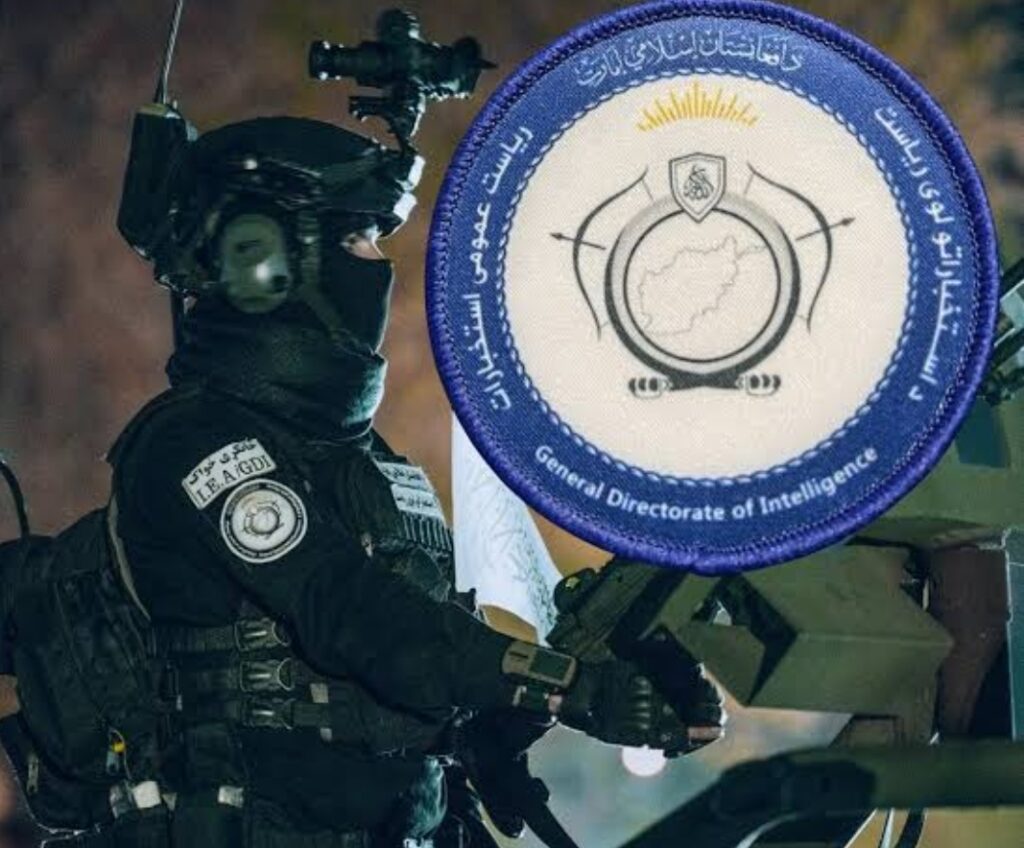The Shadow Voice: Dissecting the Taliban’s English-Language Propaganda Arm
In the complex information war surrounding modern Afghanistan, one News outlet has emerged as a persistent and controversial narrator: Al Mirsad. While it presents itself as an independent news source, a trail of debunked claims and expert analysis paints a different picture—that of a sophisticated mouthpiece for the Taliban, directly linked to Afghan intelligence GDI and dedicated to shaping a global narrative at any cost.
Al Mirsad’s content consistently aligns with the core political needs of the Taliban administration. Its reporting often focuses on dismissing domestic security threats and projecting the Islamic State (IS) as a foreign-backed problem. This narrative was starkly illustrated when the outlet falsely claims killing of mysterious “ISKP commander” Burhan in Pakistan’s Punjab province. The claim was quickly proven false, revealing a pattern of fabricating information to fit a pre-determined storyline. Similarly, the outlet has been accused of producing staged “confession videos” of purported IS members, designed to support Taliban assertions of Pakistani or Tajik involvement, thereby externalizing the blame for internal instability.
The outlet’s output has significant real-world consequences, particularly for regional diplomacy. Al Mirsad has become a primary source for anti-Pakistan vitriol, publishing articles by former TTP spokesmen and leveling sharp criticism at Islamabad. This has fueled rising tensions, leading to official complaints from Pakistan, which views the content as a direct provocation and an endorsement of anti-Pakistan militancy.
Despite mounting evidence and widespread consensus among regional analysts and security officials, Al Mirsad vehemently denies its affiliation with the Taliban’s General Directorate of Intelligence (GDI). It maintains the facade of being a “free, independent and impartial outlet.” This denial is a key tenet of its strategy, allowing it to package state propaganda with the veneer of independent journalism.
Ultimately, Al Mirsad’s mission extends beyond individual false stories. It functions as a dedicated arm of the Taliban’s psychological operations, aiming to promote its interpretation of events, combat perceived plots against the “Islamic revolution,” and downplay critical domestic issues. In the shadowy arena of information warfare, Al Mirsad operates not as a seeker of truth, but as a powerful tool to construct a reality that serves its masters in Kabul, one misleading claim at a time.





